The annual yield of the Sanya hybrid rice project in South China's Hainan province has exceeded 2,000 kilograms per mu, according to an assessment that occurred on Dec 30, which has set a new record for hybrid rice cultivated in tropical areas of China, Xinhua News Agency reported.
The third season of the project's yield assessment showed that the average yield per mu (1 mu≈0.0667 hectare) reached a whopping 546.7 kilograms. The average yield of the first season was 843.6 kg per mu and the second season was 656.2 kg per mu, so the total annual yield of the three seasons amounted to 2046.5 kg per mu.
The rice growth period in Sanya is relatively short, and its average yield is often not high. To explore the improvement of the three-season rice production capacity in the tropical city, and evaluate and screen new varieties and technologies, the Sanya municipal bureau of agriculture and rural affairs organized the implementation of the Sanya hybrid rice project, and carried out seed breeding in the 40 mu of experimental demonstration area in the Yazhou base of the Chinese Academy of Agricultural Sciences in Sanya.
The rice in the demonstration area has good comprehensive characteristics. It has balanced growth, a strong stem, fine lodging resistance, good leaf shape, high seed setting rate, large ears and many grains, according to field observations and assessments of experts.
With superior light and temperature conditions, Yazhou District of Sanya city explores the cultivation of rice in three seasons a year, and collaborates on key issues to improve multiple cropping of main grains, thereby increasing rice yield and contributing to China's food security, said Qian Qian, academician of Chinese Academy of Sciences.








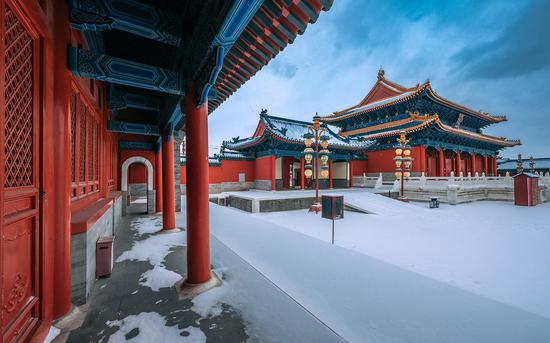


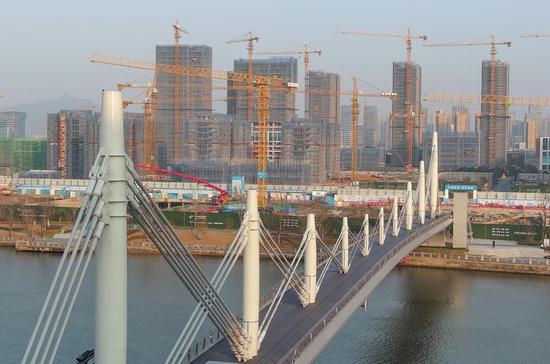







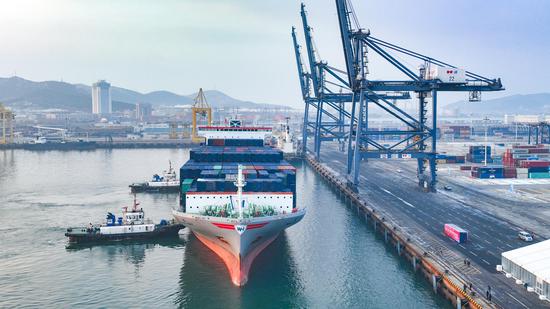





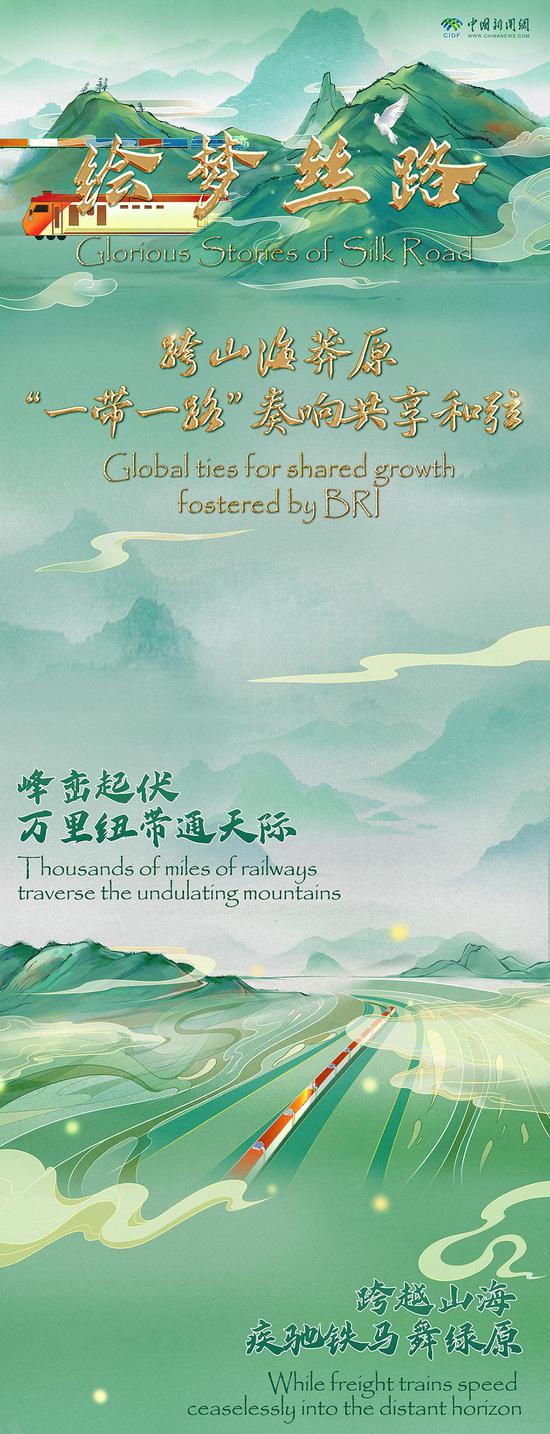

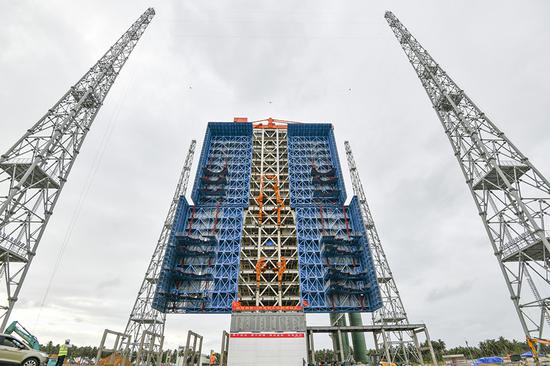



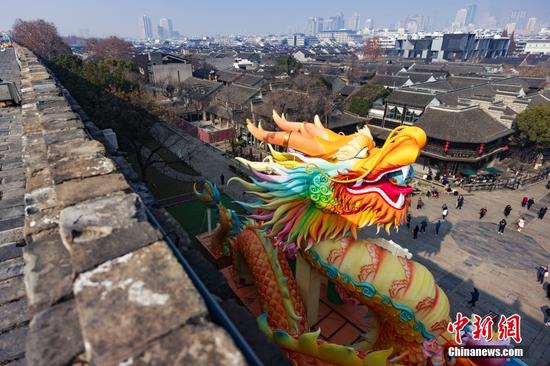

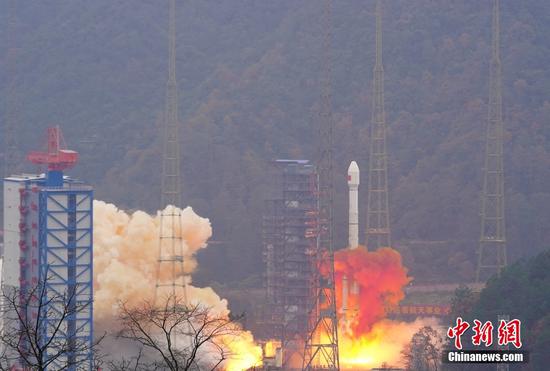



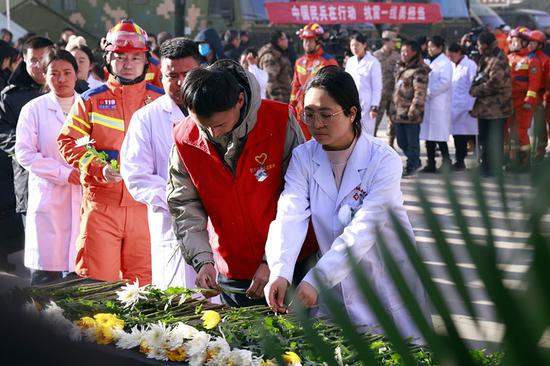




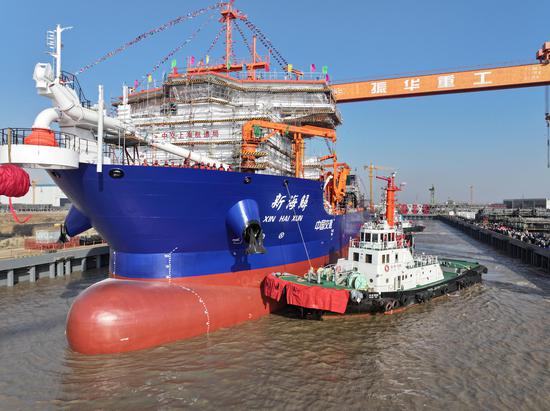
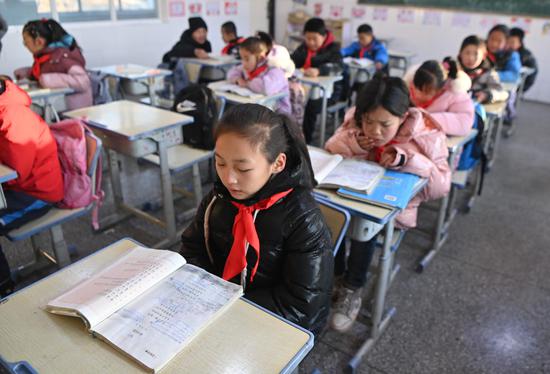
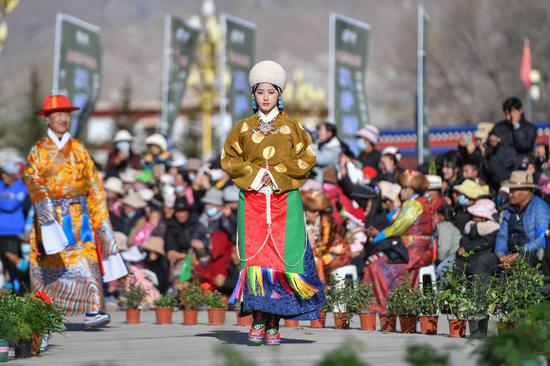





 京公网安备 11010202009201号
京公网安备 11010202009201号